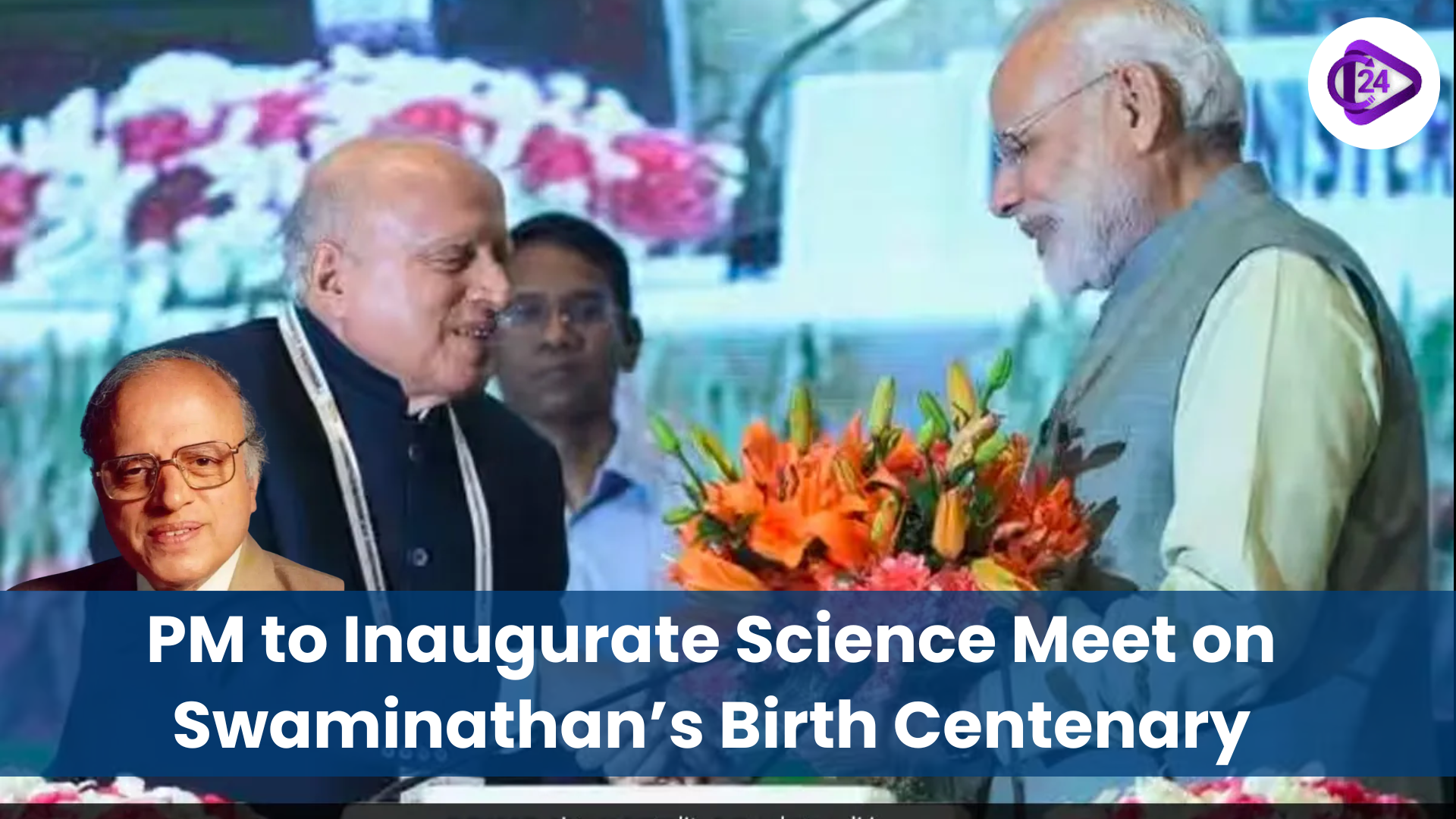
On August 7, 2025, Prime Minister Narendra Modi will open a 3-day science conference to celebrate the 100th birth anniversary of M.S. Swaminathan. Another event, which will be organized by MSSRF, will focus on his achievements in the domains of sustainable agriculture and food security. Swaminathan is considered to be the Father of the Green Revolution in India as he helped in raising crop productivity when faced with a food crisis. His concepts of biohappiness, evergreen revolution, and sustainable farming are still having an influence in policy discourse. To celebrate his enduring legacy on the agricultural community and the role of farmers, awards, commemoration objects and agritech initiatives will be presented, thus embedding his long-lasting contribution to the agricultural sector.
Context
-
The rise of M.S. Swaminathan (1925-2023) was the most renowned agricultural scientist in India and he initiated the Green Revolution which reformed the food security balance in India.
-
Currently observing the advent of the centenary conference dedicated to him, one can consider his legacy in science, policy, and humanitarianism in a multi-dimensional way.
Key Points
Early Life and Background
-
He was born 7 August 1925 in Kumbakonam, Tamil Nadu.
-
His involvement in agriculture science was influenced by Mahatma Gandhi as well as the Bengal famine which occurred in 1943.
-
Was a student of the IARI, a graduate of the Ph.D. in genetics course of Cambridge University and finally followed the research in WIS, Netherlands and University of Wisconsin, USA.
Indian Agricultural contributions
1. Green Revolution
-
Did research with Norman Borlaug resulting in designing / adopting Mexican dwarf wheat to live in Indian conditions.
-
Managed HYV (High Yield Variety) and demonstration plots to facilitate their acceptability by farmers.
-
Result: four years after it started with 12 million tonnes of wheat production, now it was 23 million tonnes of wheat production, doubled.
2. Institutional Leadership
-
Director, IARI (1961-72)
-
Director General, ICAR (1972-79)
-
Secretary to the Government, Ministry of Agriculture (1979-80)
-
Planning Commission, Member (1980-82)
-
IRRI, Philippines (DG) (1982)
-
President, IUCN (1984-90)
M.S. Swaminathan Research Foundation (MSSRF)
-
His World Food Prize money founded it in 1988.
-
Emphasis: Employ pro-poor, pro-women, pro-nature and utilization of proper science and technology.
-
Innovations: Ecotechnology-based Biovillages and village Knowledge Centres, and nutrition- sensitive agriculture research.
The Most Significant Ideas and Promotion
1. Evergreen Revolution
-
Environmentally friendly growth in food production.
2. Biohappiness
-
A term popularized by Swaminathan is that biodiversity should be used in a sustainable way to increase food security, livelihoods, and restoration of ecosystems.
3. Food Security and PDS
-
A strong advocate of the Public Distribution System, MSP reforms, and policies that focus on the farm communities.
4. National Commission on Farmers (2004-06)
-
Recommended: Minimum Support Prices (MSP) 50% above the cost, land reforms and availability of credit.
-
Part of the mega Aquaculture Act, 2006.
Research Contributions
-
Invented cryogenetics, cross-breeding between species and radiation breeding.
-
Cytogenetics of hexaploid wheat.
-
Started research on the photosynthesis efficiency in C4 rice
-
Posted crop immunity to weather extremes and control of infestations.
Identification and Rewards
-
Indian Awards
-
Padma Shri (1967), Padma Bhushan (1972) Padma Vibhushan (1989)
-
S.S. Bhatnagar Prize, Indira Gandhi Peace Prize, Lal Bahadur Shastri Award
-
-
International Honors
-
World Food Prize (1987)
-
Ramon Magsaysay Award (1971)
-
NEP Sasakawa Prize, Einstein World Science Award, FDR Medal etc.
-
More than 80 honorary doctorates
-
Bicentenary Conference (August 2025)
-
The location is ICAR Headquarters, New Delhi.
-
Was inaugurated by PM Modi
-
Features:
-
Publication of reprint of first edition of In Search of Biohappiness and publication of commemorative volume of the Text Book by the Hindu.
-
Launch of ₹100 coin, commemorative stamp.
-
Establishment of M.S. Swaminathan Award on Food and Peace ($25,000).
-
Inauguration of Agritech Grand Challenge (Grants to the tune of 1 crore to startups).
-
The involvement of 30 international speakers, 120 Indian experts and 300 farmers.
Conclusion
The work of M.S. Swaminathan was the scientific and ethical cornerstone of India's food self-sufficiency and rural development. His concepts of biohappiness and sustainable farming are becoming increasingly important as India grapples with the problems of climate change and biodiversity collapse, and nutritional insecurity. The centenary is not only a commemorative measure but a mandate to overcome the lack of equity in our world which is also ecologically insecure.



 71st National Film Awards 2025: Celebrating Diversity, Craft, and Cultural Narratives in Indian Cine
71st National Film Awards 2025: Celebrating Diversity, Craft, and Cultural Narratives in Indian Cine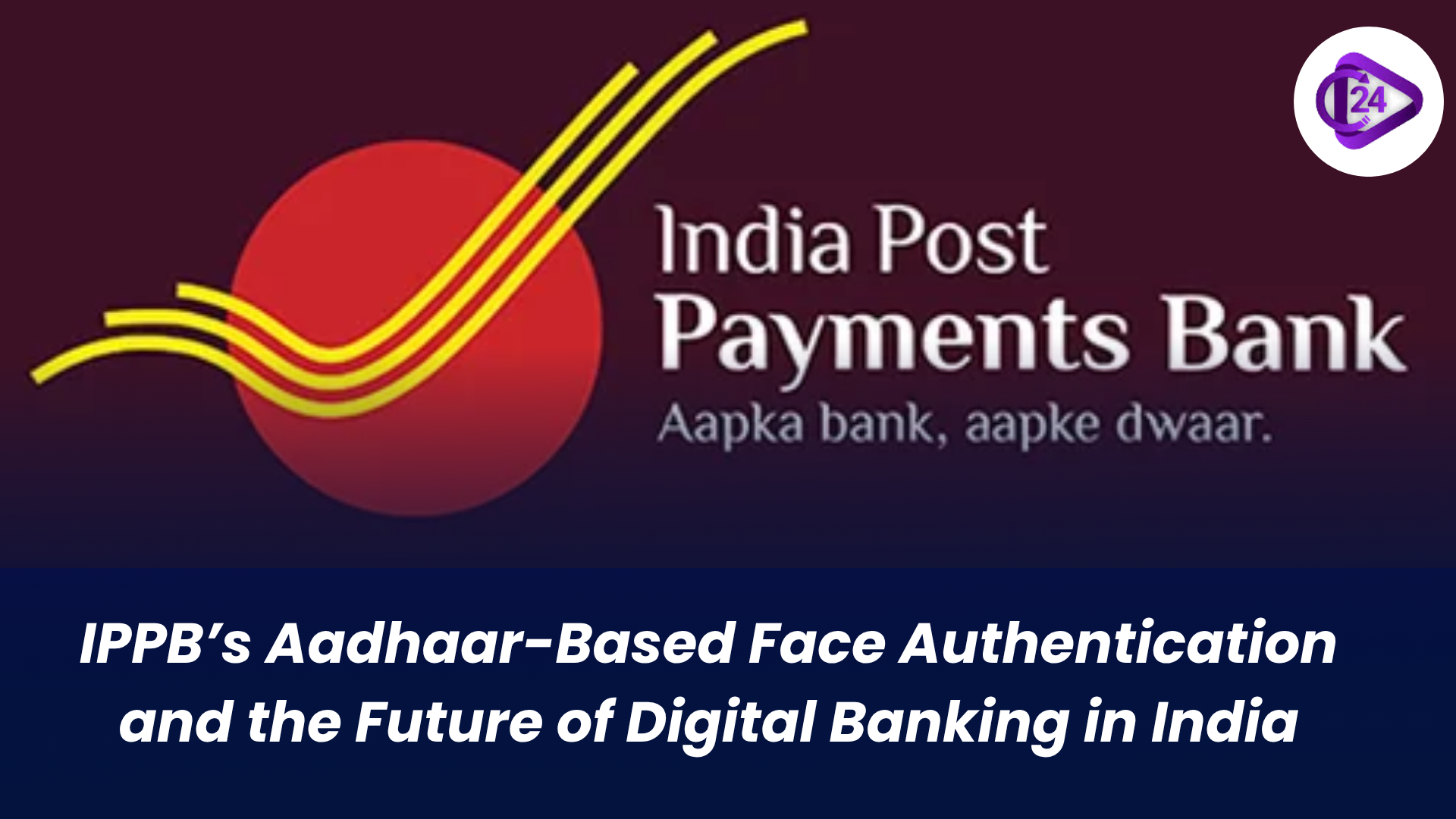 IPPB’s Aadhaar-Based Face Authentication and the Future of Digital Banking in India
IPPB’s Aadhaar-Based Face Authentication and the Future of Digital Banking in India Lt.-Gen. Pushpendra Singh Appointed as Vice-Chief of Army Staff
Lt.-Gen. Pushpendra Singh Appointed as Vice-Chief of Army Staff Mera Gaon Meri Dharohar (MGMD): Cultural Mapping for Rural Identity and Development
Mera Gaon Meri Dharohar (MGMD): Cultural Mapping for Rural Identity and Development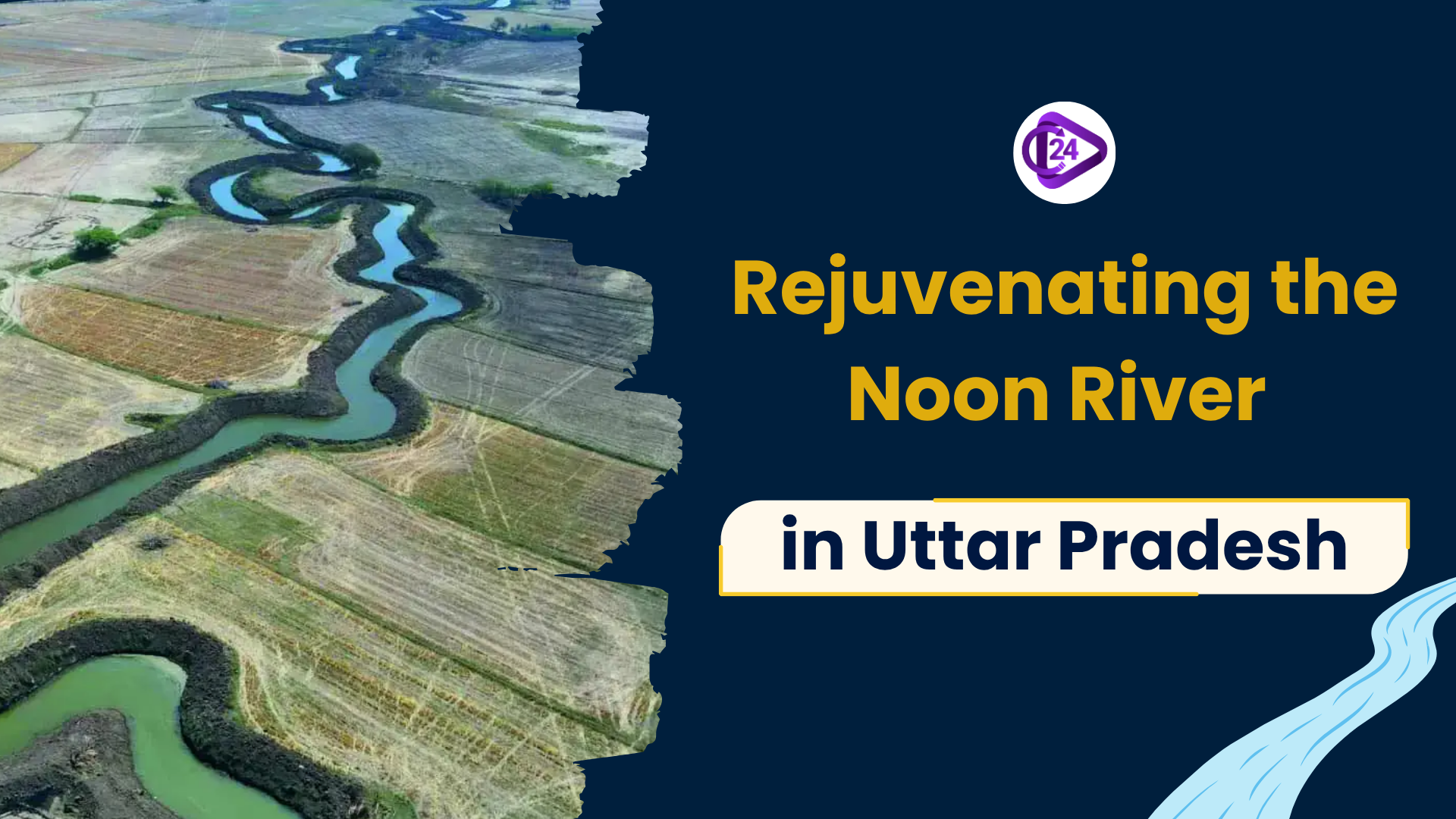 Rejuvenating the Noon River: A Model of Community-Led River Restoration in Uttar Pradesh
Rejuvenating the Noon River: A Model of Community-Led River Restoration in Uttar Pradesh Gavri Festival: Tribal Resistance and Ritual Theatre of the Mewar Bhils
Gavri Festival: Tribal Resistance and Ritual Theatre of the Mewar Bhils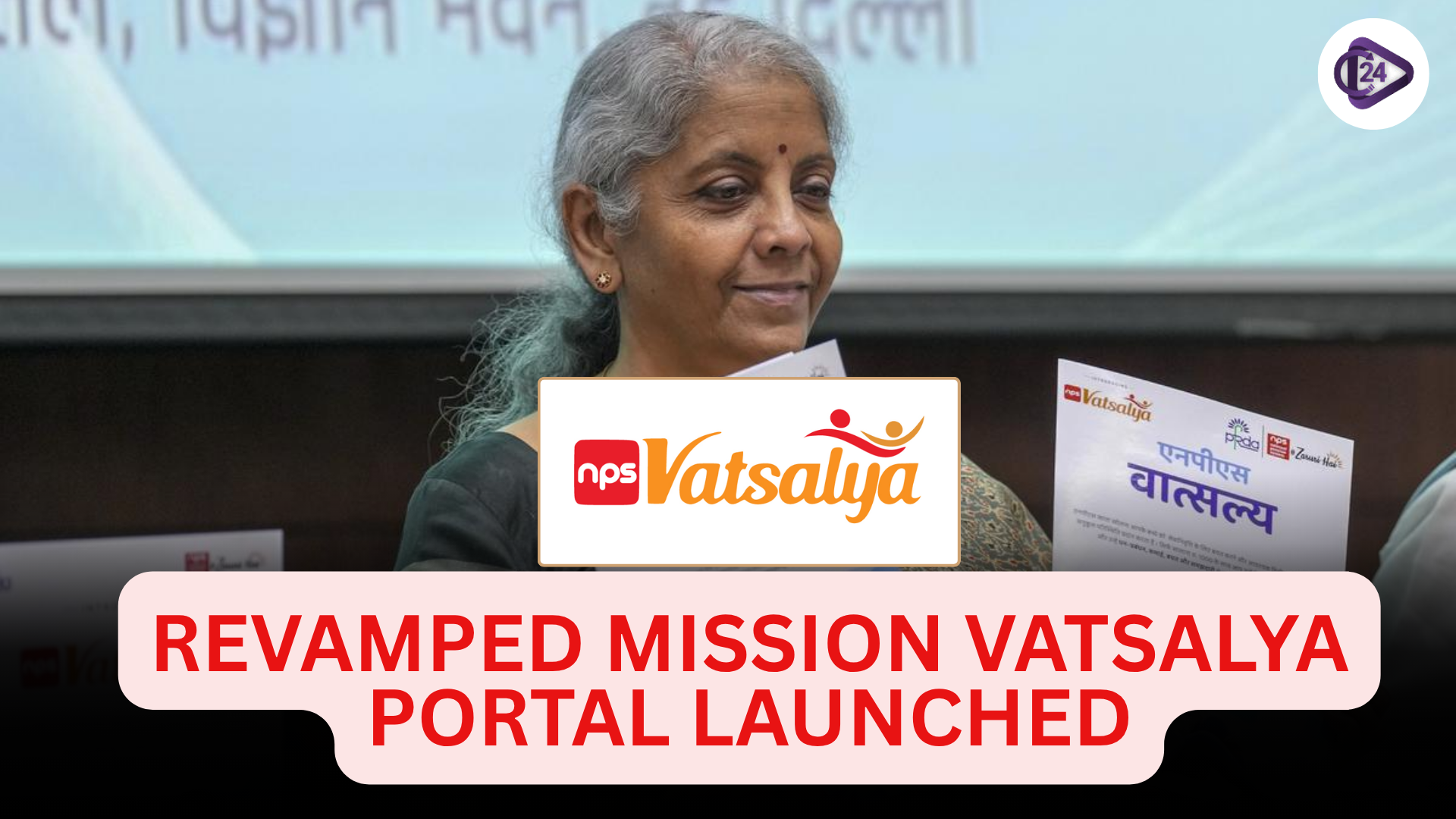 Mission Vatsalya Portal Relaunched to Strengthen Child Protection Services
Mission Vatsalya Portal Relaunched to Strengthen Child Protection Services Parliament Begins Process to Remove Justice Yashwant Varma
Parliament Begins Process to Remove Justice Yashwant Varma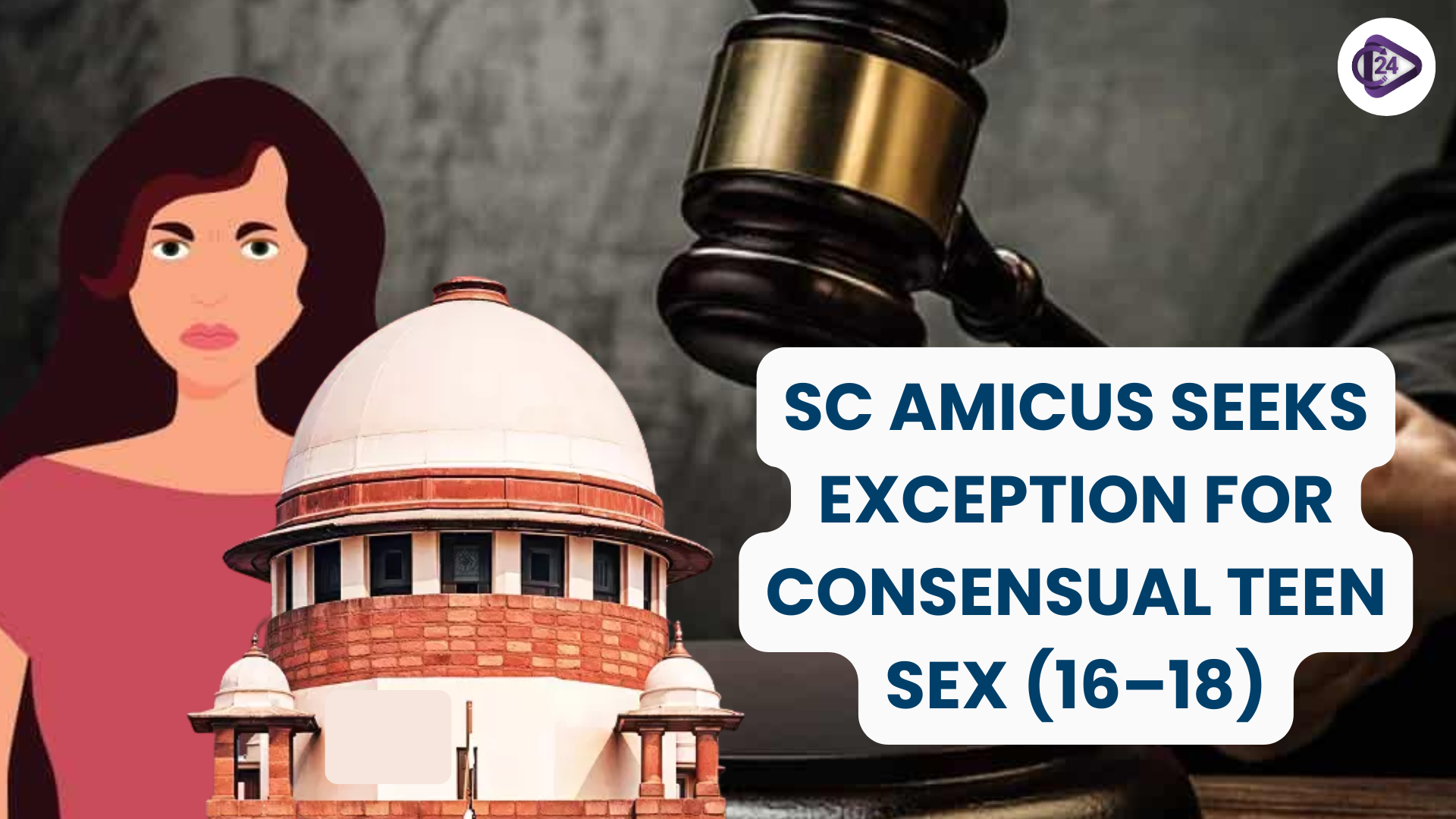 SC Amicus Seeks Exception for Consensual Sex Between Adolescents Aged 16–18
SC Amicus Seeks Exception for Consensual Sex Between Adolescents Aged 16–18






